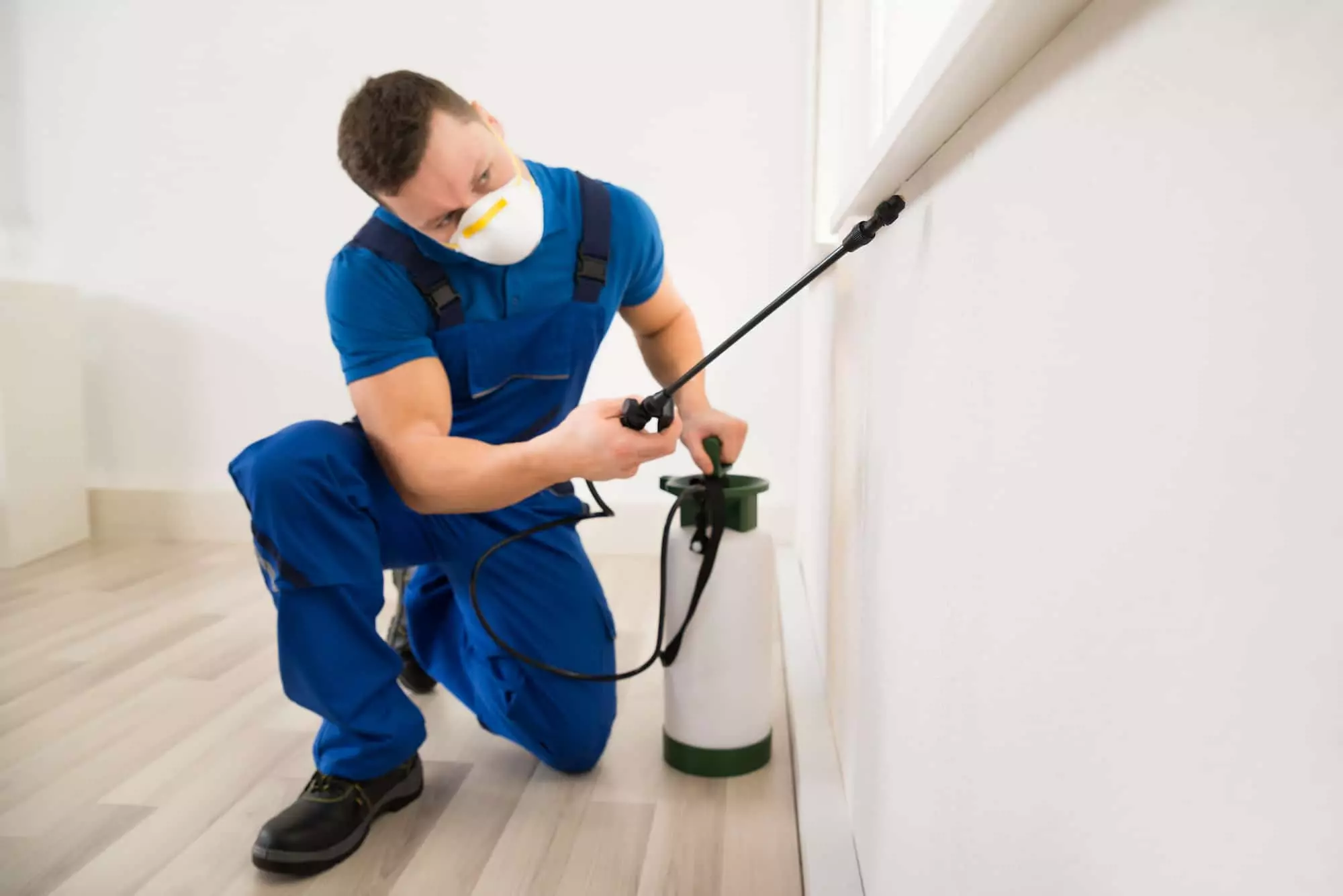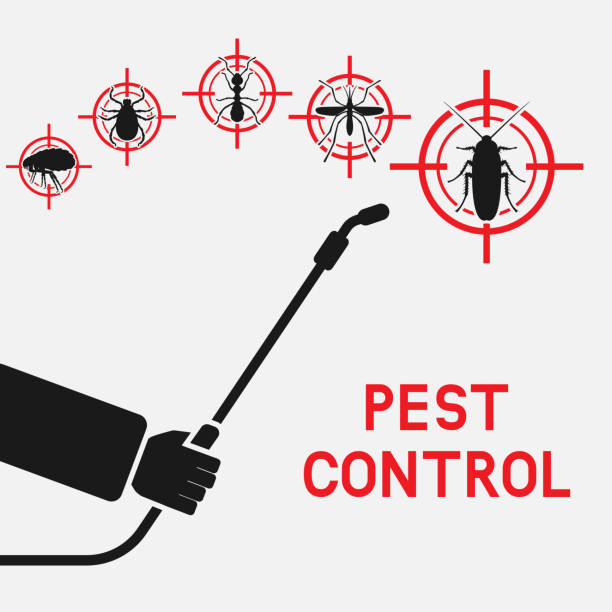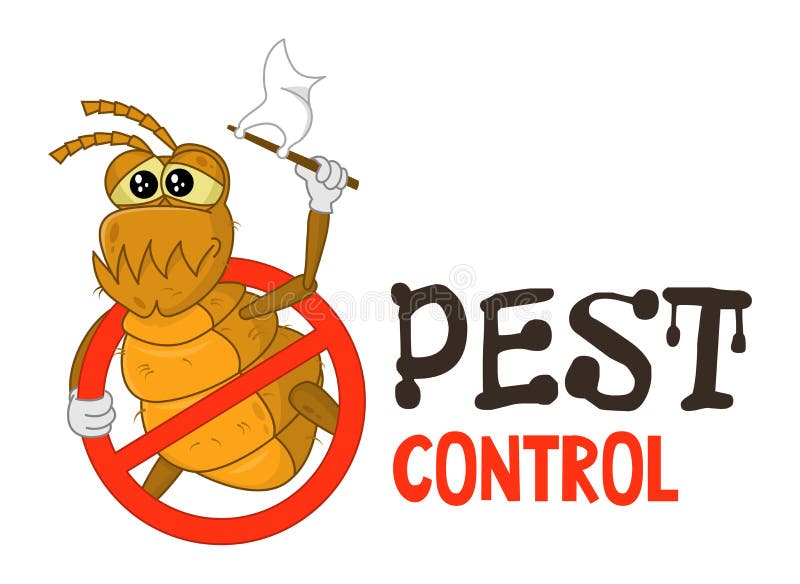Safe and Reputable Pest Control for Lasting Security
Reliable parasite monitoring calls for a complex strategy that stabilizes environmental stability with the requirement for efficient insect suppression. The nuances of these approaches might not be promptly clear, triggering a better evaluation of the practices that can lead to sustainable parasite control end results.
Comprehending Insect Control Methods
Pest control encompasses a selection of techniques targeted at handling and removing unwanted pests and rats that can endanger both health and property. Recognizing these techniques is important for effective parasite administration.
The primary groups of insect control methods consist of mechanical, biological, and chemical strategies. Mechanical techniques involve physical obstacles and traps to avoid insect access and capture undesirable types. Utilizing screens on windows or using sticky traps can dramatically decrease parasite populations without presenting hazardous materials - exterminator coquitlam.

Chemical insect control is usually one of the most recognized method, making use of chemicals to eliminate parasites. These chemicals can be efficient but must be utilized with caution to avoid unfavorable impacts on non-target varieties and the setting.
Advantages of Eco-Friendly Solutions
How can environmentally friendly options change bug control techniques? The fostering of green parasite control approaches supplies countless advantages, significantly enhancing the effectiveness and safety of pest management (exterminator coquitlam). Firstly, these solutions make use of all-natural active ingredients, lowering the dependence on harmful chemicals that can present dangers to human health and the environment. This shift not just secures pets and family members however also minimizes the possibility for soil and water contamination.

Another benefit is the favorable effect on regional biodiversity. Green services are created to target details insects while protecting beneficial bugs and wild animals, advertising a well balanced community. This technique straightens with the expanding customer demand for sustainable methods, improving the online reputation of parasite control suppliers.
Integrated Parasite Monitoring Strategies
The application of environment-friendly options normally brings about the fostering of Integrated Parasite Management (IPM) strategies, which further enhance insect control efficacy. IPM is an alternative method that integrates several strategies to handle insect populations while reducing ecological impact. This approach stresses the use of organic, cultural, mechanical, and chemical controls, making sure a sustainable and balanced method of pest management.
One basic facet of IPM is the detailed analysis of bug activity and environmental problems. By checking bug populations and click this site identifying their life process, experts can carry out targeted interventions that disrupt the parasite's habitat or lifecycle, decreasing dependence on chemical pesticides. In addition, cultural practices such as plant rotation and environment control can considerably diminish parasite establishment and reproduction.
One more vital component is the usage of biological control representatives, such as helpful insects or microbes, which can naturally suppress bug populations. When chemical applications are essential, IPM prioritizes using low-risk pesticides and uses them selectively, decreasing exposure to non-target microorganisms and people.
Including IPM techniques not just enhances parasite control efficiency yet also advertises a safer environment, aligning with the expanding need for sustainable techniques in pest administration.
Safe Practices for Homeowners
Comprehending the relevance of safe methods in pest control can equip home owners to efficiently handle parasite issues while securing their wellness and the environment. Executing preventative measures and non-toxic techniques is critical in minimizing exposure to damaging chemicals.
House owners need to initially analyze their setting for problems that draw in bugs, such as standing food, water, and mess waste. Consistently cleaning and securing access factors can prevent insects from getting into the home. Making use of natural deterrents, such as important oils or diatomaceous earth, can provide reliable choices to chemical pesticides.
When chemical treatments are required, homeowners should decide for items that are particularly labeled as secure for property use. It is necessary to follow application standards carefully to avoid too much exposure. Moreover, utilizing targeted therapies in locations where insects are recognized, as opposed to blanket splashing, can considerably reduce chemical usage.
Lastly, keeping open communication with parasite control experts is essential. House owners should ask about the security of items utilized and demand environmentally friendly alternatives whenever possible. By taking on these safe methods, home owners can produce a much healthier living environment while successfully taking care of insect concerns.

Tips for Long-Term Defense
Establishing a bug monitoring technique that stresses lasting protection can considerably boost the effectiveness of the risk-free methods formerly discussed. To accomplish this, house owners need to execute routine assessments of their residential or commercial property, concentrating on concealed locations such as attic rooms, cellars, and crawl rooms. Early detection of insect activity is vital house and pest inspection in protecting against infestations from taking hold.
Additionally, maintaining a clean atmosphere is important. This includes appropriate food storage space, immediately cleansing spills, and consistently disposing of garbage. These practices reduce attractants that draw pests into the home. Securing access factors, such as splits around windows and doors, can successfully block potential insect access.
Landscaping needs to additionally be thought about; keeping plants cut and preserving a distance in between plants and the home reduces hiding places for bugs. Utilizing all-natural deterrents, such as necessary oils or diatomaceous earth, can better prevent invasions without considering extreme chemicals.
Lastly, teaming up with an expert pest control solution for periodic analyses can offer an extra layer of safety. These experts can supply tailored referrals and advanced therapies, ensuring that your home stays protected versus pests in the long term.
Verdict
In final thought, secure and reputable parasite control needs a complex approach that highlights eco-friendly techniques and incorporated parasite administration. By carrying out natural deterrents, conducting routine examinations, and maintaining appropriate hygiene, home proprietors can significantly decrease bug populaces while protecting useful pests and the setting. Collaboration with expert bug control solutions boosts pestcon the performance of these strategies, guaranteeing tailored options that give lasting defense and assurance against future infestations.
Effective pest management requires a diverse technique that stabilizes eco-friendly honesty with the demand for reliable pest reductions. The fostering of green parasite control approaches provides countless advantages, dramatically improving the efficiency and safety of bug monitoring.The application of eco-friendly solutions normally leads to the fostering of Integrated Bug Administration (IPM) techniques, which even more enhance pest control efficiency. exterminator coquitlam. By checking bug populations and identifying their life cycles, practitioners can apply targeted treatments that interrupt the pest's environment or lifecycle, minimizing reliance on chemical pesticides.In verdict, risk-free and reputable bug control requires a complex technique that emphasizes eco-friendly approaches and incorporated insect monitoring